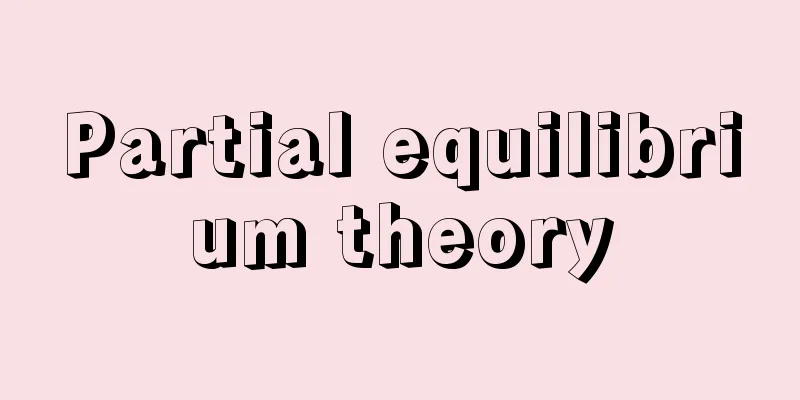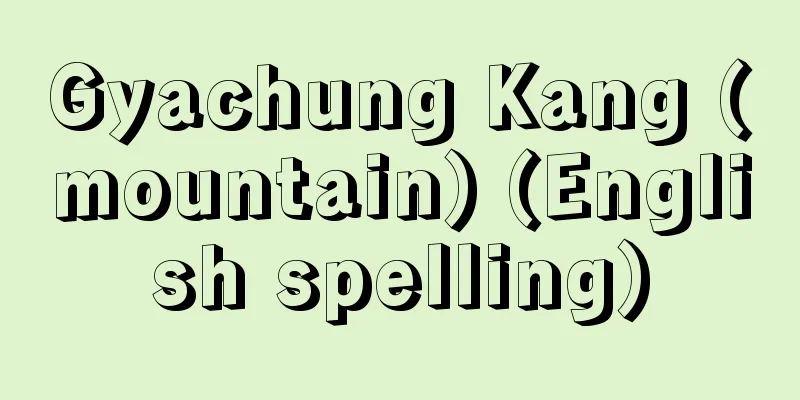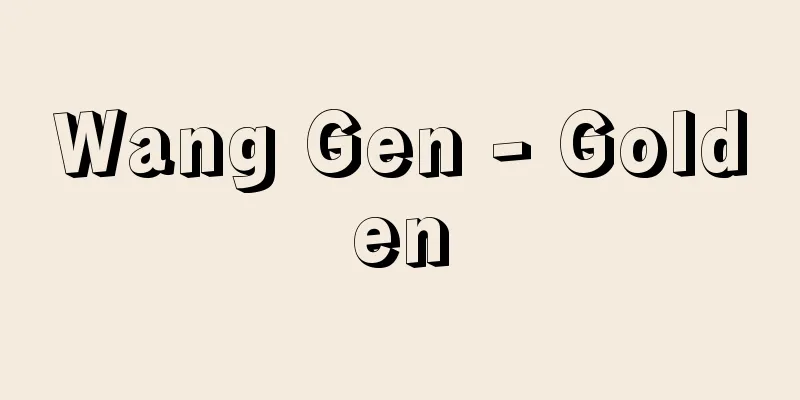Partial equilibrium theory

|
The theory of equilibrium is a method of economic theory that focuses on a small number of variables and factors that are considered to have a particularly strong influence on an economic phenomenon, and proceeds with the analysis under the assumption that other circumstances remain constant. It was widely used by the Cambridge School, beginning with Marshall. Source: The Selected Edition of the Japanese Language Dictionary About the Selected Edition of the Japanese Language Dictionary Information |
|
〘名〙 均衡理論の一手法。ある経済現象を解明するに際し、影響のとりわけ強いと考えられる少数の変数と要因に関心を絞り、他の事情は不変に留まるという想定のもとに分析を進める。マーシャルに始まるケンブリッジ学派によって多用された。
出典 精選版 日本国語大辞典精選版 日本国語大辞典について 情報 |
>>: Hubli‐Dārwār (English spelling)
Recommend
Yāska (English spelling)
An Indian linguist from the 6th to 5th centuries B...
First shipment of the year - Hatsu
The first workday ceremony for merchants is held ...
Kuriyama [town] - Kuriyama
A town in Yubari County, Hokkaido. It borders Yuba...
Kuichi Uchida
Year of death: 1875 (Meiji 8) Year of birth: 1844 ...
Sakai version - Sakaiban
Sakai developed as a port city from the period of ...
Traceability - Tore-sabiriti (English spelling) traceability
A general definition is the ability to trace the ...
Japan Airlines Co., Ltd.
Japan's leading airline, which had a monopoly ...
Secret Society
A membership-based organization or group with a s...
Series - Sosho
A collection of works related to a certain field ...
Akebia buds - Akebia me
…Compared to bracken and fern, it has less bitter...
Emission line spectrum
A spectrum is a spectrum made up of many nearly pu...
Cost accounting - Genkakeisan (English)
In general, it is often used as a term to indicat...
crossover frequency
...It sounds like a crackling or clicking sound. ...
Sagesse (English spelling)
…In 1870, he married Mathilde Mautet, who was sun...
Principality of Dulkadir - Dulkadir
A state of the Dulkadir tribe, a branch of the Tur...









